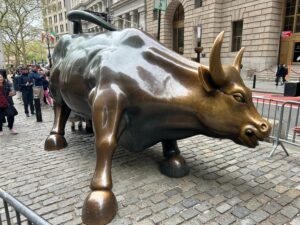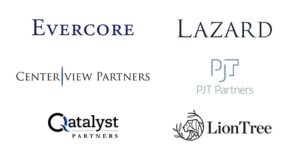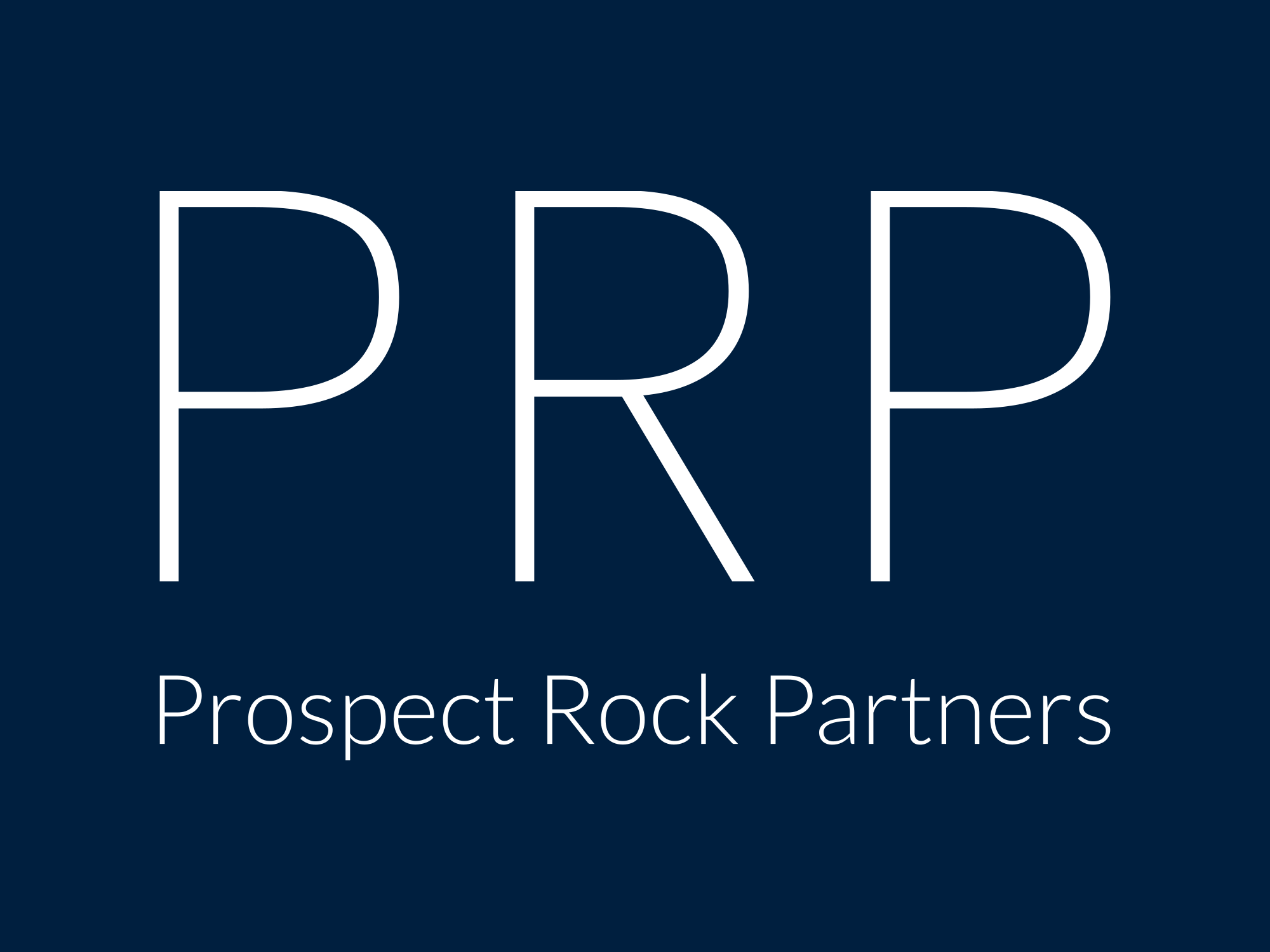Wall Street’s talent pipeline has undergone a seismic shift. What was once a predictable path – campus visits, coffee chats, and in-person interviews – has evolved into a sophisticated, multi-layered digital assessment ecosystem that’s fundamentally reshaping how banks identify and screen the next generation of analysts.
The Numbers Game: Scale Drives Innovation
The sheer scale of investment banking recruitment underscores why this technological revolution became necessary. Major banks now process over 100,000 applications annually for their summer analyst programs, with acceptance rates hovering around 1%. Goldman Sachs alone reported receiving more than 236,000 student applications in 2022, yielding only about 3,000 new hires globally.
“When you’re dealing with these volumes, traditional resume screening becomes not just inefficient, but potentially inconsistent,” explains a senior recruiting executive at a top-tier investment bank. “Technology allows us to evaluate every candidate against the same criteria, regardless of whether they’re the first application or the hundred-thousandth.”
The Digital Assessment Stack
Today’s candidates face a sophisticated series of digital evaluations before ever meeting a banker in person:
- Cognitive Assessments Elite boutiques including Houlihan Lokey, PJT Partners, and Moelis & Company have partnered with Suited, offering:
- 15-20 minute timed cognitive assessments
- Untimed personality evaluations
- Critical reasoning and pattern recognition tests
Other firms like FT Partners and Eastdil Secured employ the CCAT (Criteria Cognitive Aptitude Test):
- 50 questions in 15 minutes
- Average score: 24/50 (SD: 8.6)
- Banking candidates typically need to score well above average
- HireVue Interviews Since its adoption in 2015, HireVue has become the standard first-round screening tool, typically featuring:
- 3-5 pre-recorded questions
- 30 seconds preparation time per question
- 2-3 minutes response time per question
Common HireVue Question Categories:
Motivation/Fit:
- “Why do you want to work for [Bank Name]?”
- “Why are you interested in investment banking?”
- “What differentiates our bank from other firms?”
- “Walk me through your understanding of the Investment Banking Division and the analyst role.”
Team and Leadership:
- “Tell me about a time you worked on a team.”
- “Describe a situation where you took a leadership role.”
- “How would you handle a disagreement with somebody on your team?”
- “What would you do if a teammate wasn’t pulling their weight?”
Problem-Solving and Decision Making:
- “Describe a time you gathered and evaluated information to make a recommendation.”
- “Tell me about a time you had to make a quick decision without full information.”
- “Discuss a time you identified a problem while working with a group and how you solved it.”
- “Tell me about a time you changed your decision based on newly introduced information.”
- Additional Assessment Tools Banks increasingly layer multiple evaluation platforms:
Personality and Behavioral:
- Pymetrics: Game-based assessments using neuroscience principles
- SHL (formerly CEB): Situational judgment tests
- Aon’s cut-e: Adaptive testing based on candidate performance
Technical Screening:
- HackerRank: Standard for coding evaluation
- Custom hack-a-thons: Especially for quantitative roles
The Post-COVID Catalyst
The pandemic’s impact on standardized testing in college admissions has accelerated the adoption of bank-specific assessments. With many students lacking SAT or ACT scores after test-optional policies, banks have doubled down on their own evaluation tools.
“When traditional academic metrics become less reliable, we need other ways to evaluate analytical capability,” notes a recruiting manager at a leading boutique firm. “These assessments help level the playing field.”
The Candidate Journey
For the class of 2026, a typical application process might include:
- Initial Application
- Resume and cover letter submission
- Background information
- Group/division preferences
- First Round Digital Assessments
- Cognitive ability test (15-20 minutes)
- Personality fit evaluation (untimed)
- Technical assessments (role-dependent)
- HireVue Interview
- Behavioral questions
- Basic technical knowledge
- Firm-specific motivation
- Superday Questions Common categories include:
- Technical: Focus on valuation concepts, market dynamics
- Analytical: Industry comparisons and business analysis
- Behavioral: Leadership, teamwork, and resilience scenarios
- Market Knowledge: Current events and asset class understanding
Investment Banking Superday Structure:
- Multiple back-to-back interviews
- Mix of senior and junior bankers
- Technical and behavioral focus
- Group presentations or case studies (at some firms)
Looking Ahead
The industry continues to innovate in talent assessment. Some firms are experimenting with:
- AI-powered resume screening
- Virtual reality assessments
- Custom in-house evaluation tools
Bank-Specific Innovations:
- Boutique firms: Implementing specialized technical evaluations
- Bulge brackets: Creating comprehensive assessment centers
Success Factors in Modern Banking Recruitment:
- Technical proficiency
- Digital interview skills
- Adaptability to new assessment formats
- Strong analytical capabilities
- Clear communication in virtual settings
As competition for top talent intensifies, expect this trend toward comprehensive digital assessment to accelerate. “The future of Wall Street recruiting isn’t just about finding the brightest minds,” observes a veteran recruiter. “It’s about using sophisticated tools to identify candidates who can excel in an increasingly complex financial landscape.”
For aspiring analysts, success requires mastering both traditional technical skills and the new digital assessment landscape. While the path to Wall Street has evolved significantly, the fundamental goal remains unchanged: identifying exceptional talent who can thrive in the demanding world of investment banking.
Market Trends and Future Developments:
- Increased emphasis on quantitative assessment
- Growing importance of technological literacy
- Evolution of virtual interview techniques
- Integration of multiple assessment platforms
- Focus on objective evaluation metrics
The transformation of Wall Street recruiting represents a broader shift in how financial institutions identify and evaluate talent. As technology continues to evolve and the industry faces new challenges, the assessment process will likely become even more sophisticated, requiring candidates to demonstrate their capabilities across an increasingly diverse range of platforms and formats.
Related posts:









